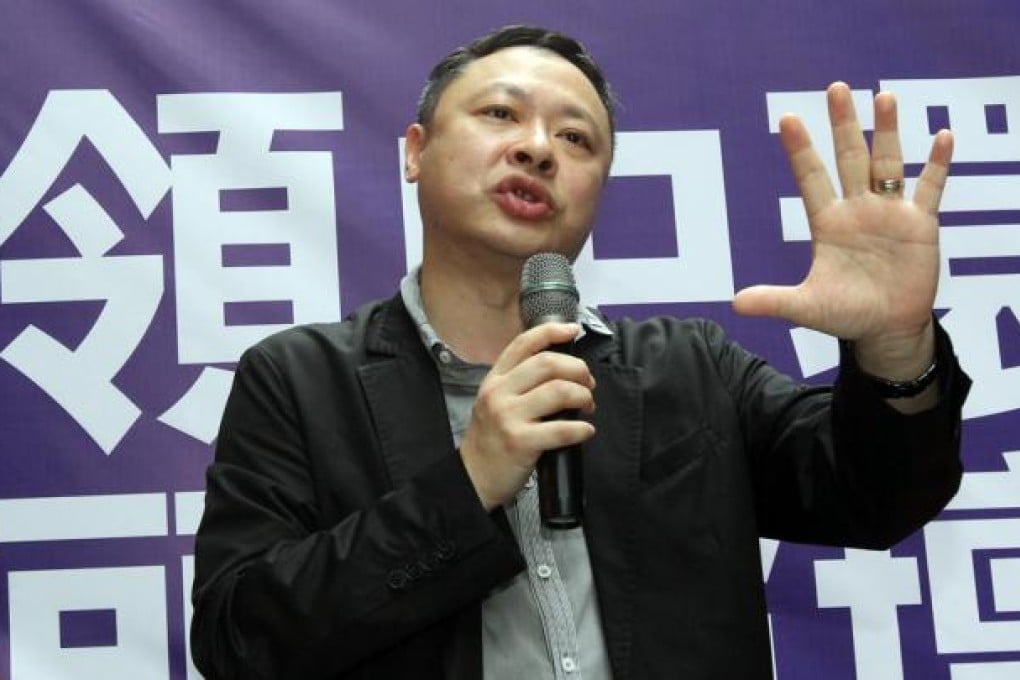'Occupy Central' threat is no way to begin talks on 2017 reform
Jeffrey Lam urges pan-democrats to rethink the economic suicide that is Occupy Central

Despite Beijing's commitment to universal suffrage for the chief executive election in 2017, pan-democrats have threatened a campaign to "occupy Central", with plans to block traffic in the district next year.
Though University of Hong Kong law professor Benny Tai Yiu-ting, who proposed this action, has insisted it would be a last resort, his plan has caused angst in Hong Kong.
Should a discussion start with a threat? Haven't the pan-democrats always said we must treasure our core value of the rule of law? "Occupy Central" could easily affect our business and reputation. As Tai has admitted, this is "a dangerous game" and could reach a stage where it would be difficult for organisers to keep control of the event, and some supporters could turn to violence.
Besides, threats will only lead to a deterioration of relations, at a time when the Hong Kong government is handling conflict and tensions over cross-border integration.
Tai has also said participants would occupy Central "indefinitely" until they get what they want, in a bid to "force Beijing to make a choice between economic sacrifices and political sacrifices". I hope he understands that the economic losses Hong Kong would suffer as a result would be much bigger than any on the mainland. Realistically, it's economic suicide.
Given that the central government seeks to maintain stability and prosperity in the SAR, it comes as no surprise that Beijing has joined the reform debate. Qiao Xiaoyang , chairman of the Law Committee under the National People's Congress, announced Beijing's bottom line for the 2017 chief executive election, saying that only people who love China and Hong Kong, and who do not attempt to antagonise the leadership of the Communist Party, could be eligible for the job of leading our city.